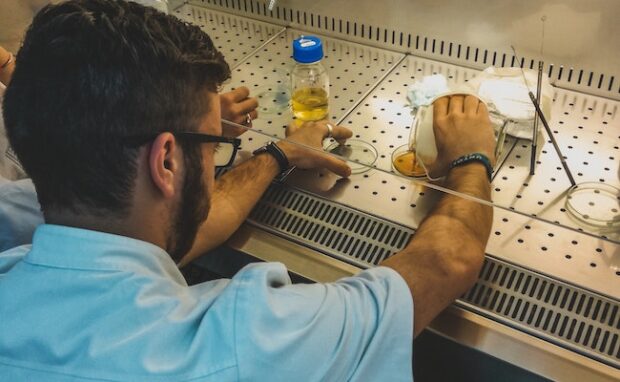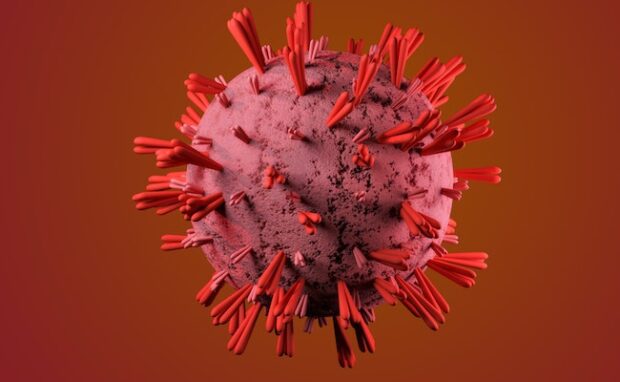How hackers can use stolen DNA data
On October 12, 2023, genetic ancestry tracing company 23andme confirmed to the Washington Post that hackers stole DNA information from it. Most people may think it’s useless for online scammers. After all, what can you do with stolen DNA? Unfortunately, experts say malicious individuals can perform nefarious activities with that data.
Ancestry tracing is a popular United States trend, so folks outside the country may not understand its significance. That is why more people should know the risks of sharing genetic information. Whether such a service becomes available in your nation will remind everyone to keep their DNA data safe.
This article will discuss the risks of leaking stolen DNA. Later, I will cover another way artificial intelligence can exacerbate its negative effects.
What are the problems with stolen DNA?

Let’s discuss how ancestry tracing companies work. You request an at-home testing kit, the company delivers it, and then you provide a sample of your DNA from saliva and other sources.
Later, the firm shares a document mapping your family tree and ancestry. People use it to see the ethnicities that comprise their genes. However, hackers can use that information for shady schemes.
The tech news website The Street said this information is valuable for hackers. “Hackers tend to sell this to scammers, who can then write spam emails that are more targeted. It’s ‘Dear Alan’ rather than ‘Dear valued customer,’ so you think they know who you are and that it must be legitimate.”
They can use it to execute cyber attacks more effectively than without the data. For example, hackers can use family relationships to blackmail people. NDTV shared a post on an online forum selling DNA information:
”On offer are DNA profiles of millions, ranging from the world’s top business magnates to dynasties often whispered about in conspiracy theories.”
Some people provided fingerprints and iris scans that can help hackers bypass security systems. More importantly, hackers can sell that to scientists who could use it for gene editing.
How can technology create bioweapons?

Most may not see the likelihood of technology facilitating the creation of bioweapons from stolen DNA. However, the Rand Corporation shared a report warning how large language models could assist in the planning and execution of a biological attack.”
An LLM is an AI system that enables popular artificial intelligence bots like ChatGPT. However, Rand did not specify the LLM it tested. The Guardian said AI can identify potential agents and estimate their chances of causing mass death.
The machine explained projections will depend on factors like the size of an afflicted population. Worse, it advised a cover story for acquiring Clostridium botulinum “while appearing to conduct legitimate scientific research.”
In other words, the LLM allegedly guided a person in fooling scientific groups into providing a sample of lethal bacteria. Also, it could “swiftly bridge knowledge gaps” that can help people turn botulinum toxin into a bioweapon.
The United Kingdom’s AI summit discussed artificial intelligence’s biological threat. Also, Anthropic CEO Dario Amodei said AI systems could create bioweapons in two to three years.
Conclusion
Stolen DNA data lets hackers improve conventional cyber attacks. For example, it could help malicious individuals and groups manipulate others into providing money and other valuables.
Also, hackers have acquired genetic information from 23andme and other ancestry. Nowadays, that information is on various websites and available to unknown online users.
You must protect your genetic information and other medical records like you would online credentials. Learn more about the latest digital trends at Inquirer Tech.